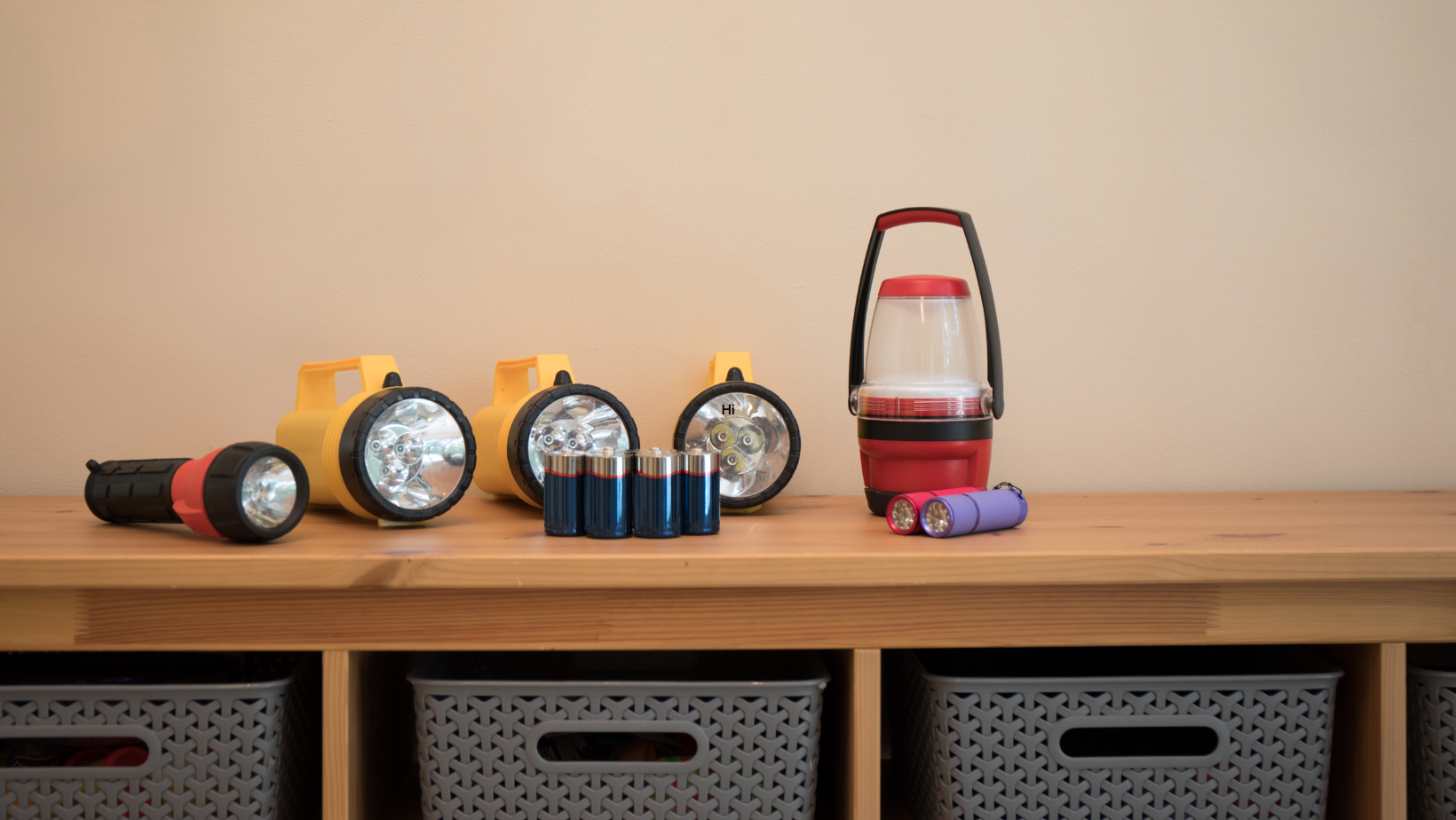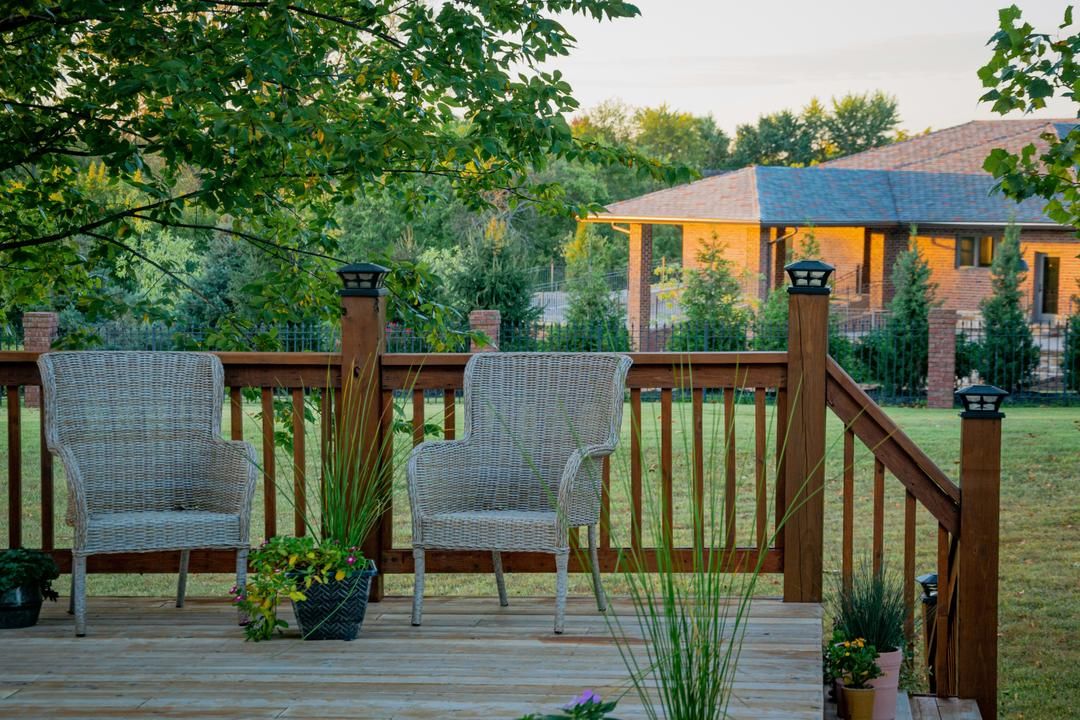
Thinking about selling your home?
Get in touch. We'll guide you through every step of the process to ensure a smooth transaction that meets your goals.

Thinking about selling your home? Get in touch. We'll guide you through every step of the process to ensure a smooth transaction...

Get in touch. We'll guide you through every step of the process to ensure a smooth transaction that meets your goals.


